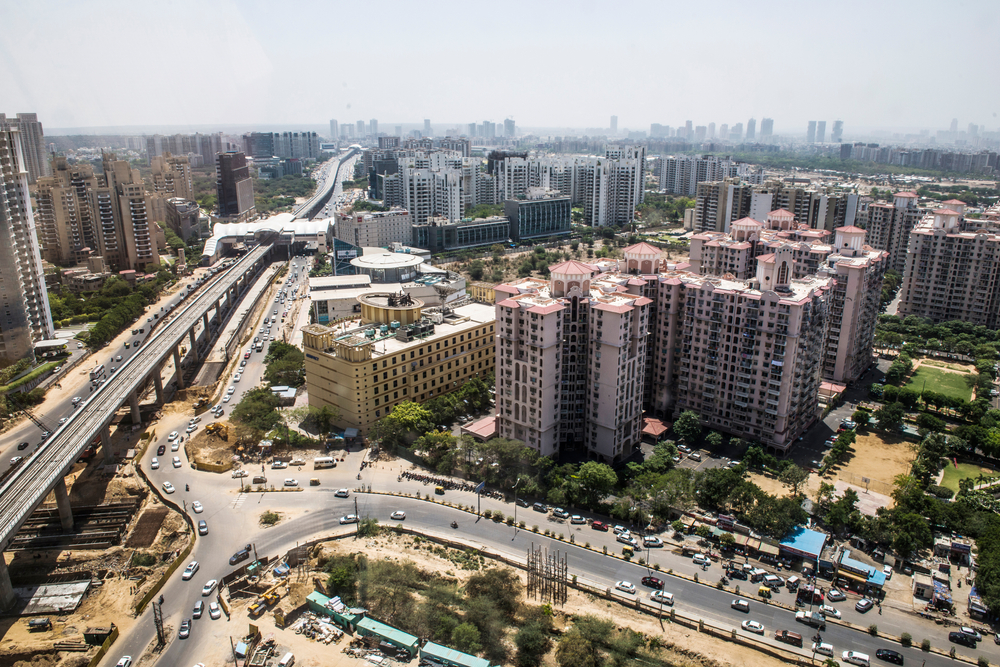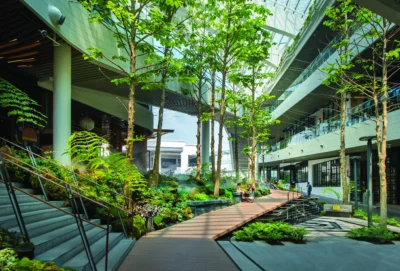Demand for India’s luxury properties looks up in Q2 — may continue throughout H2
The transition to a healthy lifestyle, the desire for elite amenities, and the need for future security have increased the value of this segment
Amit Goya, CEO of India Sotheby’s International Realty, told Financial Express shared his perspective on the luxury segment, saying that top corporate executives, businessmen, and start-up founders have significantly increased the demand for bungalows in posh colonies of metros or farmhouses in the suburbs.
A further indication of the strength of the luxury housing market comes from the fact that the uptrend in luxury housing continued into Q2.
According to a survey conducted by the firm, one-fourth of HNIs purchased properties during the pandemic. The vast majority of respondents (67 percent) indicated their eagerness to purchase a residential property in 2022, citing lifestyle improvements and solid financial potential as their main reasons for doing so.
More: India’s housing market attracts more HNIs, Mumbai market to set a new sales record
Moreover, India Sotheby’s saw a post-pandemic increase in demand for luxury goods of approximately 40 percent in the NCR market. There is a huge demand for autonomous floors, plots, villas, and farms. Demand is expected to grow in H2.
Savills expect continuous growth in demand for luxury properties in Delhi, Gurugram, Mumbai, and Noida, according to Business Today.
Delhi had approximately 1,168 new units in the premium to luxury segment in H1 2022. Gurugram witnessed a substantial increase in launches, reaching 1,574 units in H1. Noida launched 269 units in H1 2022.
Luxury properties are in demand not just because they offer security and significant yields. Customers are attracted to their promises of solace, extravagance, and better overall health.
The transition to a healthy lifestyle, the desire for elite amenities, and the need for future security have increased the value of this segment, and positive results will be witnessed in the coming years.
“It’s not only about high-end amenities; people now prefer homes which provide them with space for a study room, workout area, and other recreational activities. Long periods of confinement at home have also generated the need for owning a bigger home. All this bodes well for the future of luxury housing in the country,” said Sanjay Sharma, director of SKA Group, as reported by The Print.
The Property Report editors wrote this article. For more information, email: [email protected].
Recommended
6 reasons why Bang Na is Bangkok’s hidden gem
This Bangkok enclave flaunts proximity to an international airport, top schools, and an array of real estate investment options
AI transforms Asia’s real estate sector: Enhancing valuation, customer interaction, and sustainability
From property valuation to measuring sustainability, AI is impacting nearly every aspect of Asia’s real estate industry
Bangkok’s luxury real estate flourishes amid economic challenges
New luxury mega projects boost the top end of Bangkok’s market, but stagnancy reigns elsewhere due to weak liquidity and slow economic growth
Investors shift focus to suburban and regional markets as Australian urban housing prices surge
Investors are gravitating to suburban areas and overlooked towns as Australia’s alpha cities see skyrocketing demand and prices









